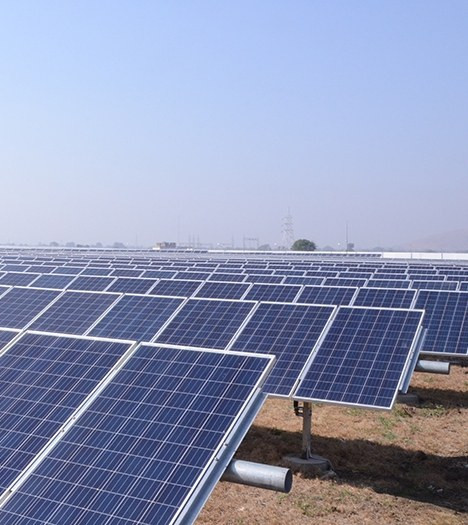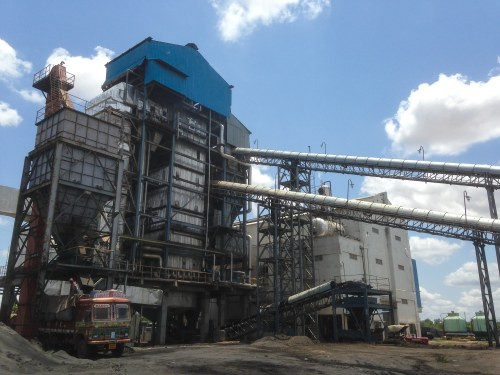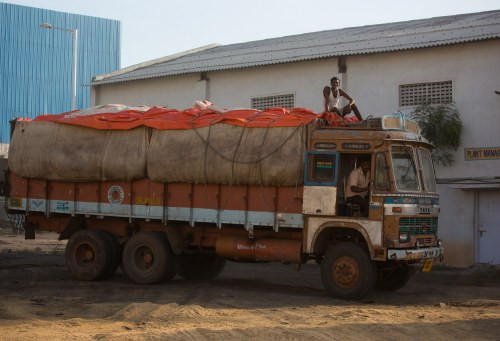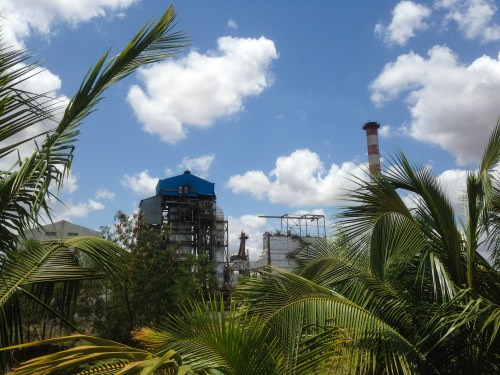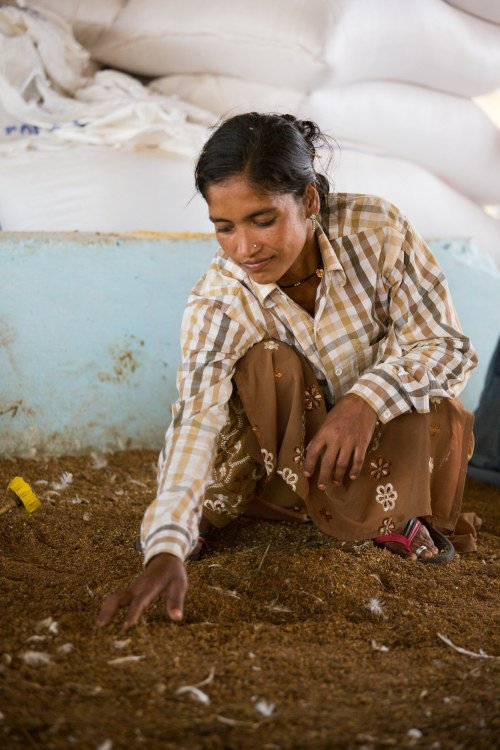dressGuard GmbH supports the following UN goals for sustainable development:
CARBON NEUTRAL COMPANY
dressGuard GmbH

Participant ID: DE-3258-0221
Valid until: 02.04.2026
This certificate guarantees that the reported quantity of 108 tons CO2 has been calculated according to Greenhouse Gas Protocol Standard, scopes 1, 2 and 3. The resulting emissions have been saved in Gold Standard and VCS tested climate projects.
dressGuard GmbH has acquired shares (certificates) in climate protection projects corresponding to the calculated volume of CO2 and therefore plays a transparent part in the realisation of the projects. This ensures that the company compensates for its own CO2 emissions, and thus scales back the rise in global warming.
The projects have been certified, and the issue and closure of the certificates is registered transparently.
dressGuard GmbH is therefore a voluntary participant in emissions trading, and thus makes a contribution to maintaining a viable environment by reducing the emissions of greenhouse gases. The holder of this certificate makes a sustainable contribution to the commitment to tackle global warming.
Dipl.-Ing. Frank Huschka
dressGuard GmbH supporting climate protection projects:
"Weyerhaeuser Uruguay” Forest Plantations on degraded grasslands

Uruguay
The project covers a total of 18,191 hectares of land, previously extensively grazed by beef cattle, where forest plantations are being established to produce high-value, long-life wood products and sequester large amounts of carbon dioxide from the atmosphere.
The forests are based mainly on Eucalyptus grandis and, to a lesser extent, Eucalyptus dunnii and Pinustaeda plantations managed in 16- and 21-year rotations (the former for Eucalyptus and the latter for Pinus).
The plantations are managed at a tree height of 6 to 9 meters with two to three thinning operations per tree managed to obtain high diameter stems suitable for sawing and veneering.
Planted trees store carbon dioxide from the atmosphere in various carbon pools (aboveground and belowground biomass, soil, litter, non-tree vegetation, deadwood, and harvested wood products). The average amount absorbed annually is 56,019 metric tons of CO2e.
Category Standard
Carbon | VCS 960
BUNDLED SOLAR PHOTOVOLTAIC PROJECT BY ACME

India
The project activity is a voluntary action and each SPV will be the Project Proponent for their project activity. ACME Cleantech Solutions Private Limited as a parent company formed different SPV (Special Purpose Vehicles) for solar projects and projects are developed by name of SPVs. There are no mandatory laws or regulations existing in India requiring PP or any other party to develop a programme for renewable generation plants.
Category Standard
Carbon | VCS VER 1753
Renewable Energy from Biomass, UPPPL, India Andhra Pradesh
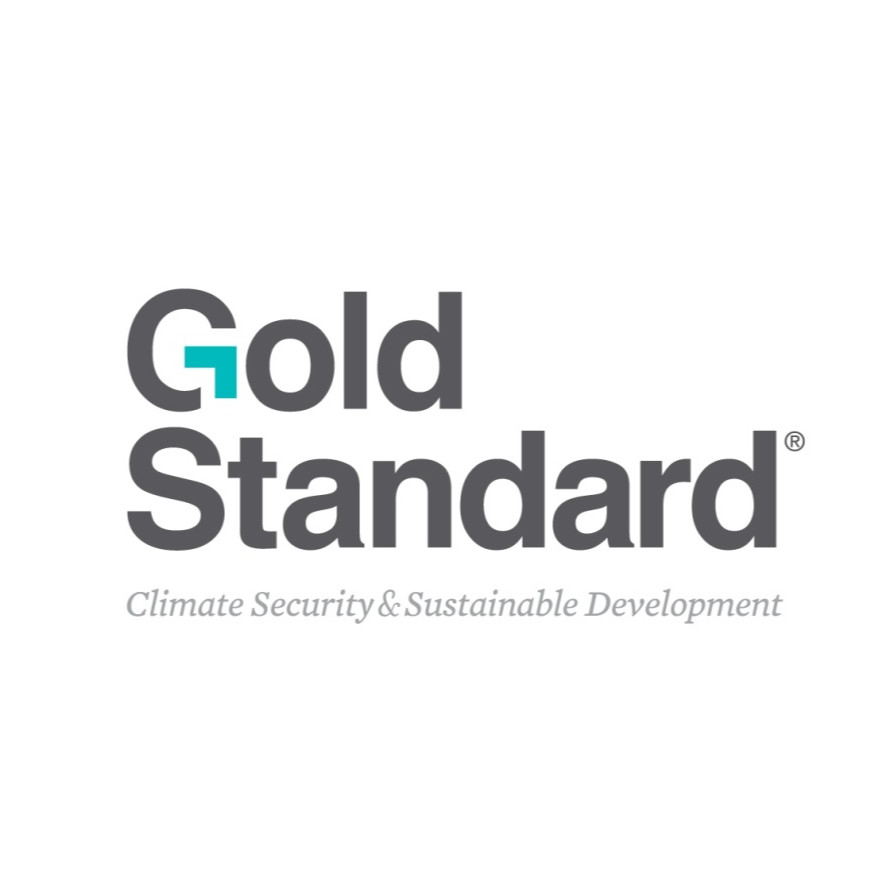
India
Fueled by poultry litter, this innovative project feeds renewable electricity back to the grid. This displaces electricity from thermal power plants in the Andhra Pradesh region, reducing emissions and supporting the expansion of the renewable energy industry. As the poultry litter is collected rather than left to decay in open fields, odour and sanitation are improved for the local villages, while job opportunities provided by the plant help boost the economy.
The Context
Category Standard
Carbon | Gold Standard 3072



